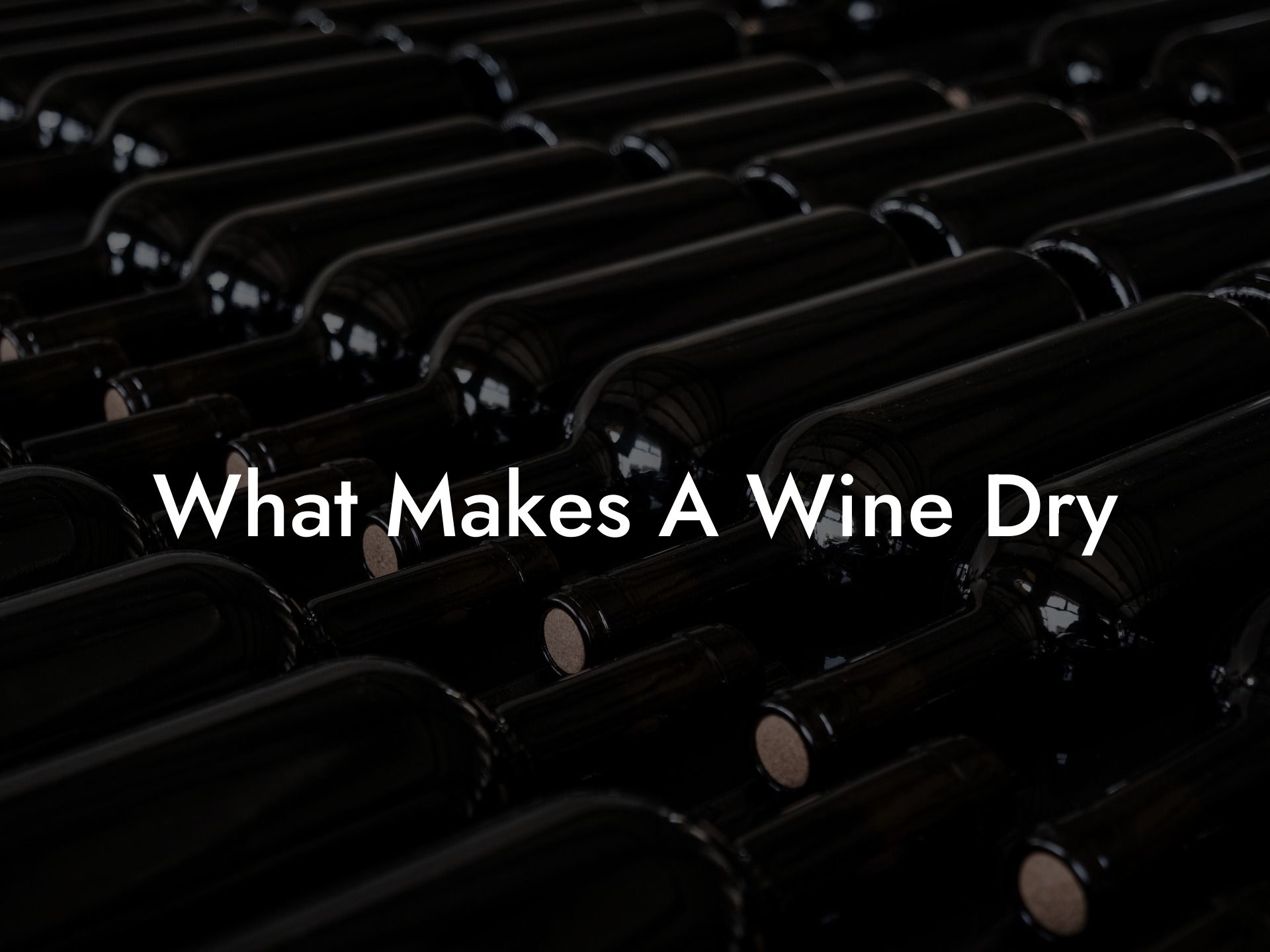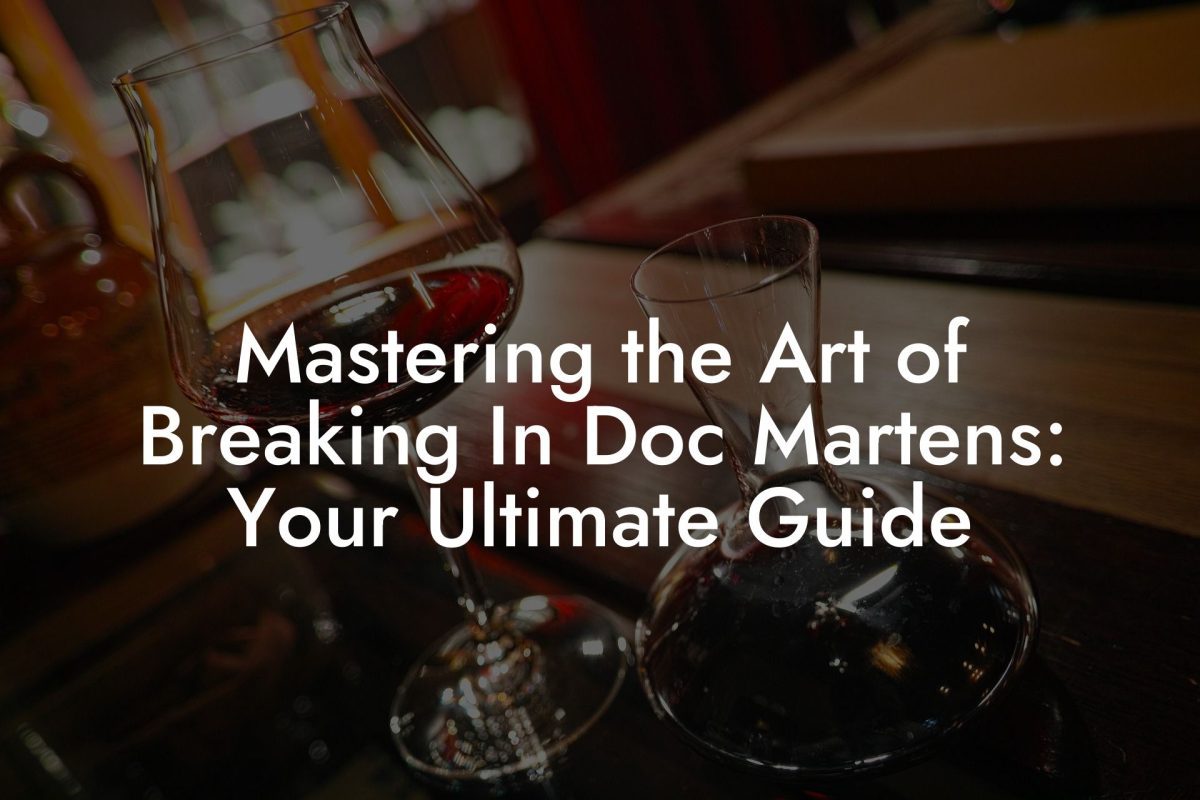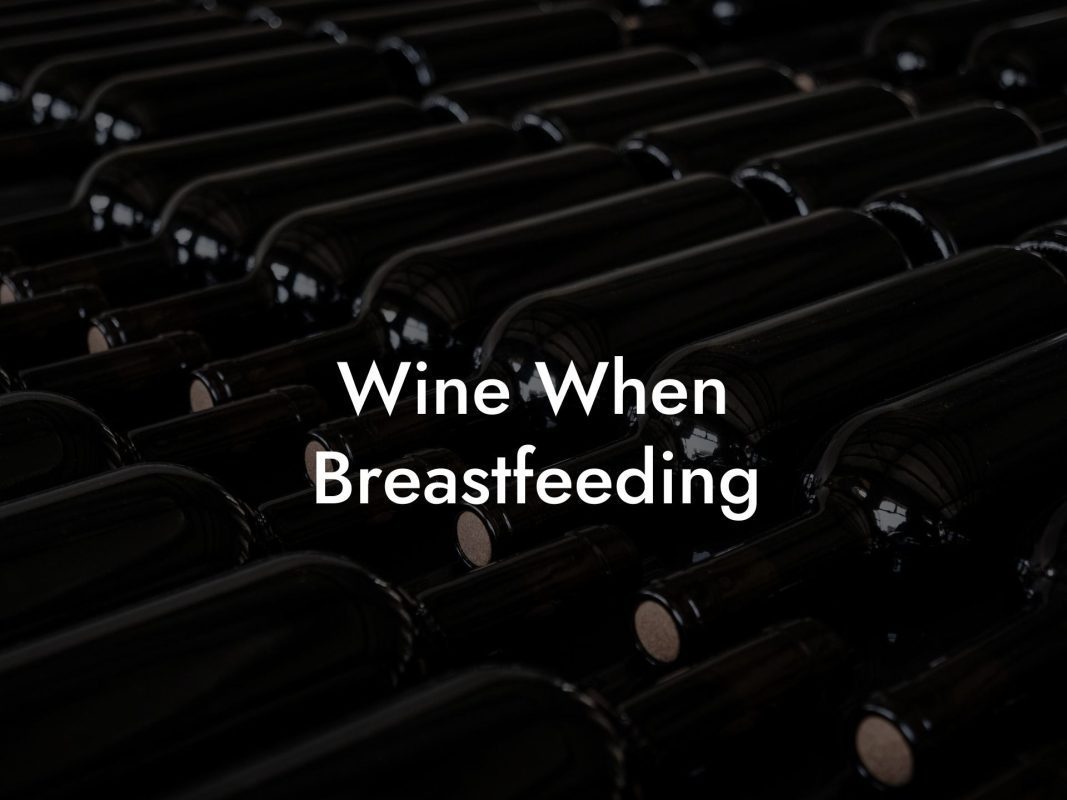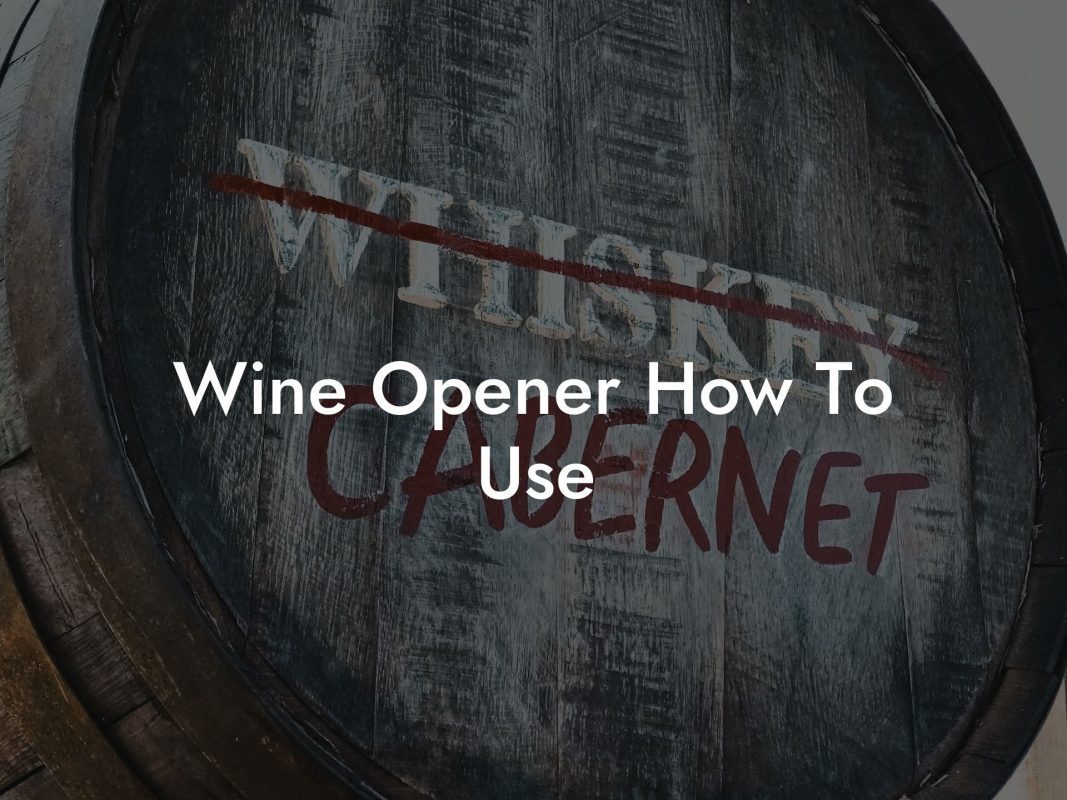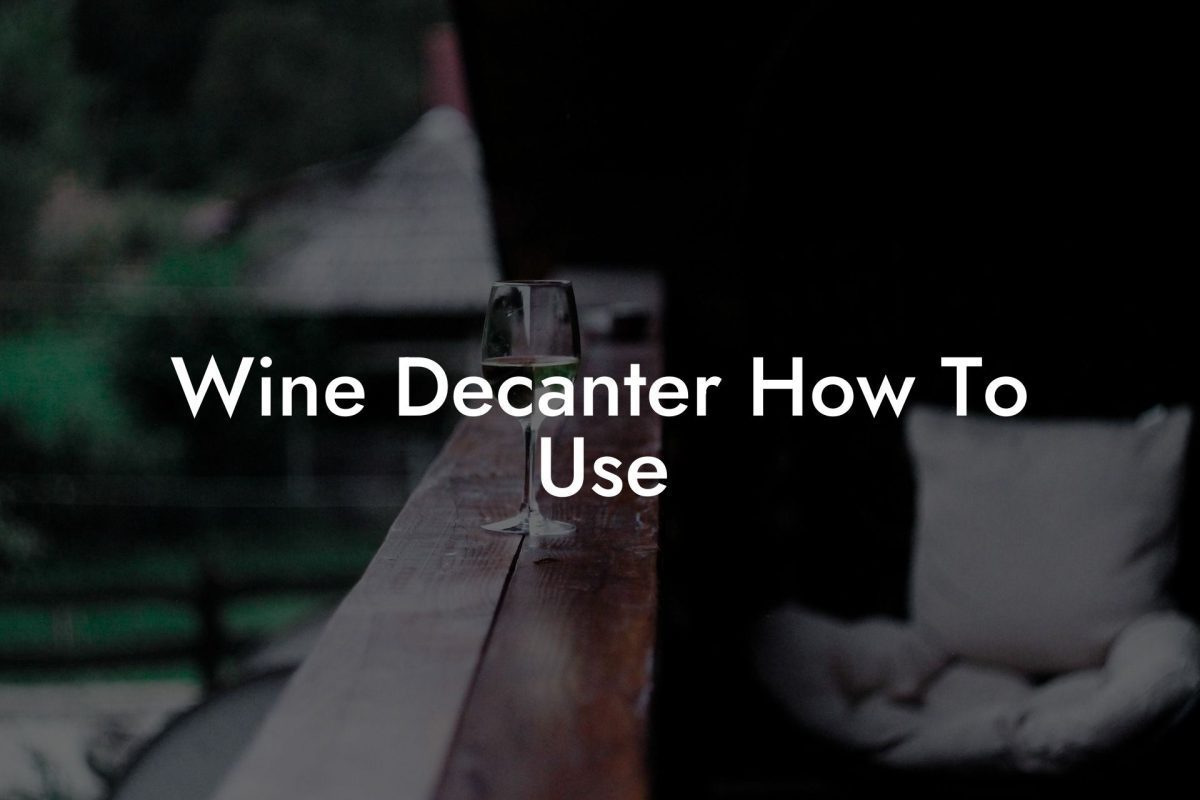Are you a wine lover who has always wondered why some wines are described as "dry"? You're not alone! The world of wine can be overwhelming and full of jargon, but don't worry: Black Wine Club is here to help you navigate the vinous seas. In this article, we'll unravel the mystery of dry wines, delving into the science behind their palate-puckering powers and exploring what makes a wine dry in the first place.
What Makes A Wine Dry Table of Contents
What does "dry" mean in the wine world?
In the wine world, "dry" is the opposite of "sweet." A dry wine is one that has little to no residual sugar after fermentation. During fermentation, yeast consumes the sugar in the grape juice, converting it into alcohol. In a dry wine, that process goes on until almost all of the sugar is consumed, leaving very little sweetness behind.
The role of sugar in wine
Sugar plays a significant part in how we perceive the sweetness of a wine. In sweeter wines, more sugar remains after fermentation, giving the wine its sweet taste. Dry wines, on the other hand, have lower sugar levels, making them taste less sweet and, well, more "dry."
Do You Want to Win a Free Bottle of Wine?
Don't miss out on the opportunity to win a free bottle of wine every week.
Enter our weekly prize draw today!
The role of acidity and tannins
While sugar levels are essential in determining dryness, it's not just about the sugar. Acidity and tannins also play crucial roles in how dry a wine tastes. Higher acidity can give the impression of a dryer wine even if there is some residual sugar present. Tannins, on the other side, create that mouth-puckering sensation frequently associated with dry wines, like a strong red.
Factors that contribute to a wine's dryness
Now that we know more about what affects a wine's taste, let's explore the factors that contribute to a wine's dryness.
The grape variety
Certain grape varieties are naturally predisposed to produce drier wines due to their sugar and acidity levels. Grapes like Cabernet Sauvignon and Chardonnay tend to be used for making drier wines, while grapes like Moscato and Riesling often result in sweeter wines.
Climate and growing conditions
The climate and conditions in which the grapes are grown can also impact a wine's potential for dryness. Grapes grown in cooler climates generally produce higher acidity levels, which can contribute to a drier taste. Additionally, certain growing conditions can stress grapevines, leading to lower sugar levels in the grapes and, ultimately, a drier wine.
Winemaking choices
The winemaker has the power to influence wine's final dryness by adjusting various aspects during the fermentation process. For example, winemakers can stop the fermentation process early, leaving more residual sugar and creating a sweeter wine. Others may choose to use specific yeast strains that can ferment sugar more efficiently, resulting in a drier wine.
What Makes A Wine Dry Example:
Imagine you're about to enjoy a glass of crisp, refreshing Sauvignon Blanc. It's a classic example of a dry white wine:
- The grape variety, Sauvignon Blanc, is known for high acidity and prominent citrus and green fruit flavors.
- The wine was likely made in a cooler climate, such as New Zealand or France's Loire Valley, resulting in high acidity levels and brisk flavors.
- The fermentation process has been meticulously monitored by the winemaker to ensure little leftover sugar, giving the wine its dry character.
Congratulations! Now you can detect the different factors that contribute to this wine's enticing dryness.
There you have it! You're now well-versed in the world of dry wines, understanding what makes a wine dry, and the various factors that come into play. Your wine knowledge is expanding, and we couldn't be prouder. If you found this guide insightful and want to dig deeper into the vast world of wine, why not share it with your friends and fellow wine enthusiasts? With the Black Wine Club, there's always more to learn, taste, and toast. Together, let's continue our journey down the marvelous, fascinating, and deliciously dry road of wine appreciation! Cheers! 🥂
Do You Want to Win a Free Bottle of Wine?
Don't miss out on the opportunity to win a free bottle of wine every week.
Enter our weekly prize draw today!

